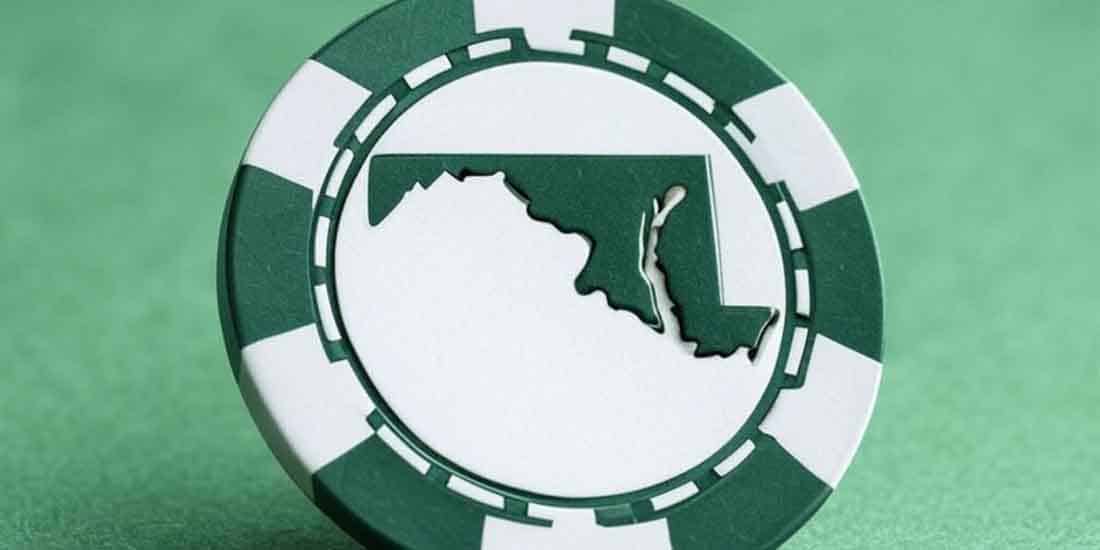Connecticut, Delaware, Michigan, New Jersey, Pennsylvania, Rhode Island, and West Virginia are currently the seven states in the USA that permit domestic online casino gambling.
Gaming bills are circulating in the Maryland legislature that, if passed, would make the Free State the eighth to allow web-based casinos. These operations will include live dealer studios that intend to replicate the experience of playing table games in person, but from the comfort of anywhere in MD the player chooses.
House Bill 17, introduced by Maryland Delegate Vanessa Atterbeary, proposes that the State Lottery and Gaming Control Commission would regulate any online gambling sites and issue licenses to qualified applicants.
Any taxes collected from casino revenue would be diverted to the already existing State Lottery Fund.
If the bill passes, voter approval through a referendum on November 3, 2026, would be the final piece required for online casinos to get the green light.
The most recent stop for HB 17 was the House Ways and Means Hearing on February 10th.
A major issue for the opposition is the direct impact that these web-based options would have on land-based casinos. The data suggests that business stagnates for retail casinos in states where online iGaming is permitted.
The bill authors have attempted to address this issue by directing $10 in funds toward casino employees who have lost their jobs during the first year of Internet casinos in MD.
Another lingering issue that legislatures must consider is the preexistence of online casino gambling offered by offshore betting sites in Maryland. International gambling websites are able to skirt local regulations due to their country of origin.
Neither state nor federal laws can touch these offshore entities, allowing them to accept MD-based players and let them play their real-money casino games.
Opposition includes PENN Entertainment, which owns the Ocean Downs Casino in Berlin, and The Cordish Companies, which owns Live! Casino in Hanover.
Supporters of the bill believe that any jobs lost at local casinos will be equalized by the creation of jobs in the live dealer and technical support sectors for these iGaming businesses.
MD legalized retail, mobile, and online sports betting in 2021. Since its debut, over $140 million has been collected via tax revenue from MD sportsbooks.
The state has also issued cease and desist demands to some offshore gambling businesses that have complied with the order.
Local lawmakers have until the end of the legislative session on May 17th to pass HB 17.

